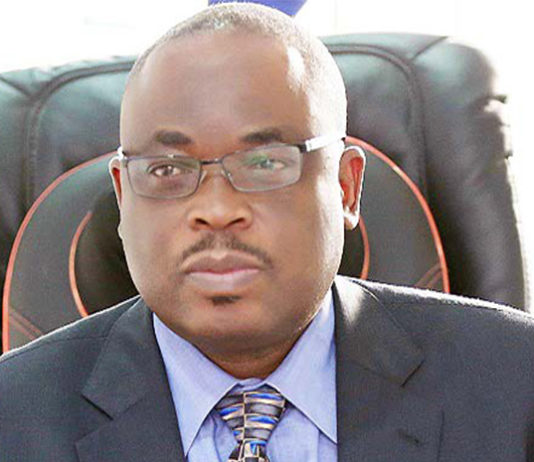Customer centricity as sustainability strategy in electricity business
As we commemorate the customer service week, I wish to share a common misconception that the electricity supply and distribution business is monopolistic, requiring minimum investment in delivering quality customer service. Recent technological developments challenge this conservative view about the electricity business. This misconception is flawed in many ways when one considers recent innovations in […]

As we commemorate the customer service week, I wish to share a common misconception that the electricity supply and distribution business is monopolistic, requiring minimum investment in delivering quality customer service.
Recent technological developments challenge this conservative view about the electricity business. This misconception is flawed in many ways when one considers recent innovations in electricity generation.
Firstly, rapid innovations in renewable energy sources such as solar, biomass, and wind have resulted in continuous reductions in these alternative energy sources’ investment costs over the recent past, to the extent that within a decade, the world is likely to witness a surge in the energy mix, resulting in the rapid adoption of these renewable sources as the cost of investment continues to reduce compared to the traditional grid power.
Secondly, technological innovations in fuel cells have resulted in higher energy conversion efficiencies than diesel or petrol-driven generators. Domestic electricity can be generated at the site without a distribution or transmission network through fuel cells. However, the rapid adoption of fuel cell technology as a domestic source of electricity has two obstacles. The first one is that supply chains similar to filing station networks are required to support fuel cells’ wide use. The other challenge is that hydrogen gas has a small molecule, which implies storage challenges because of potential hazardous leakages from vessels. Once researchers resolve these two obstacles, proliferation in the fuel cell use could result in a viable option for generating domestic and industrial electricity without using conventional distribution systems.
Thirdly, technological innovations indicate that the wireless distribution of electricity is not only possible but commercially viable. New Zealand has pioneered the wireless distribution of electricity to remote villages. This is a disruptive technology to the conventional electricity distribution business. It is envisaged that in the next decade, this method of supplying electricity is likely to become popular, and the distribution system may become obsolete just as the case of the land phones that are replaced by mobile phones.
Finally, customers are more enlightened and can compare services between unrelated businesses. For instance, the convenience of e-commerce applications for procuring units in telecom industries is being compared to similar ones deployed in electricity businesses. The effectiveness of call centres and the whole customer experience is now comparable between unrelated companies. Therefore, the enlightened customers are in a stronger position to demand improved services that match superior customer experiences from unrelated businesses such as supermarkets or restaurants.
In conclusion, the belief that the electricity business is monopolistic, where investments in improving customer services are not required, is a potential bankruptcy recipe. Electricity distribution companies should invest in customer centricity to enhance customers’ loyalty to retain customers in the next decade or two as alternative energy sources’ diffusion increases. Those who will not invest in improved customer service will be out of business within a decade or two due to the disruptive technologies described above. Customer Centricity in the electricity business should be seen as a business sustainability investment and not a waste of resources.
Dr. Ernest Mupwaya is the Managing Director and CEO of Abuja Electricity Distribution Company (AEDC)
